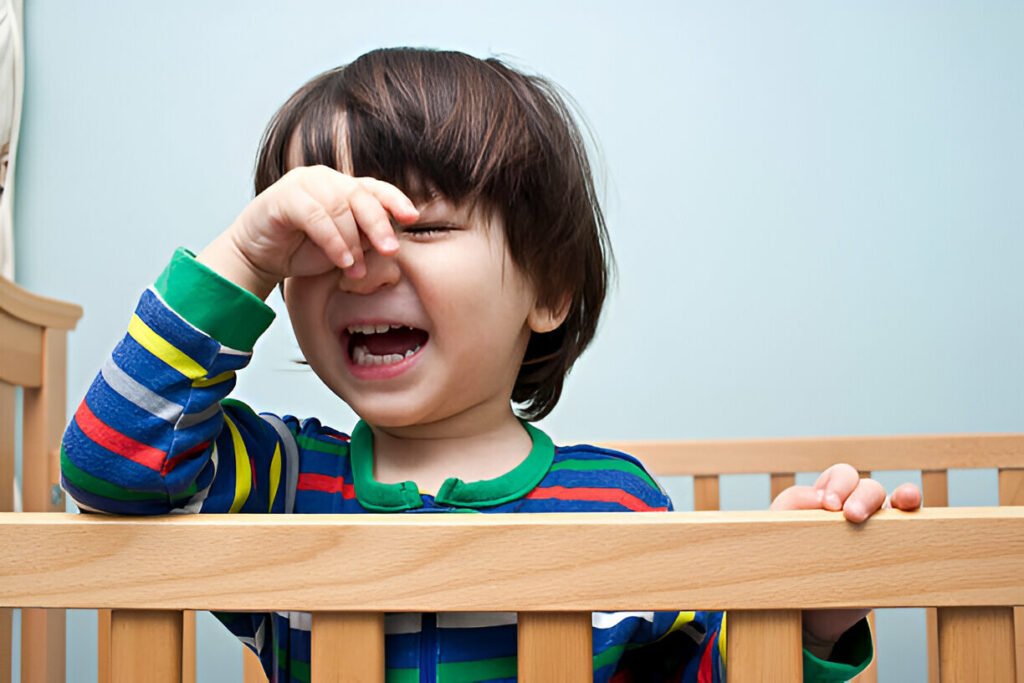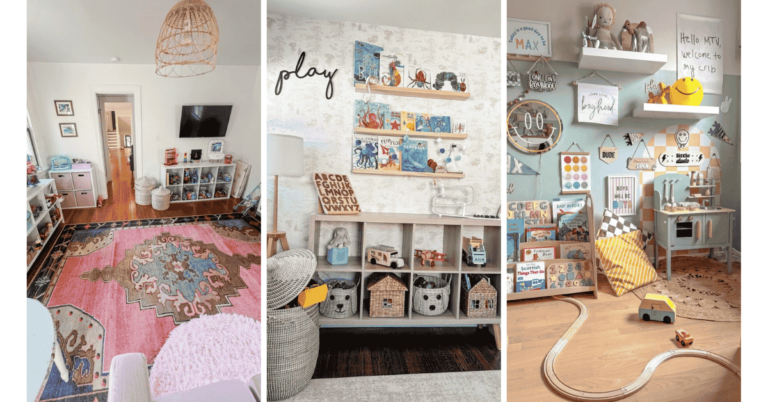why does my toddler wake up crying

You put your little one down for what you hoped would be a peaceful night’s sleep, only to be jolted awake by heart-wrenching cries echoing through the baby monitor. If you’re wondering why your toddler wakes up crying, you’re not alone. This common parenting challenge affects families worldwide, but understanding the root causes can help you navigate these difficult nights with confidence.
While every child is different, there are several predictable reasons why toddlers wake up in tears. From developmental milestones to environmental factors, identifying what’s behind your child’s nighttime distress is the first step toward creating more restful nights for everyone in your household.
Understanding the Common Reasons for Toddler Night Wakings

Nightmares and Night Terrors
One of the most frequent culprits behind a crying toddler is sleep disturbances in the form of nightmares or night terrors. These two phenomena are often confused, but they’re quite different experiences that require different approaches.
Nightmares are vivid, frightening dreams that occur during REM sleep, typically in the second half of the night. Your toddler can usually recall details from a nightmare and may seek comfort from you. They often involve fears that are developmentally appropriate, such as monsters, being lost, or scary animals.
Night terrors, on the other hand, happen during deep sleep phases earlier in the night. During a night terror episode, your child may appear awake but remain unresponsive to your attempts at comfort. They might scream, thrash around, or seem panicked while their eyes are open. The good news is that most children don’t remember night terrors the next morning.
How to respond to nightmares:
- Offer gentle reassurance and comfort
- Use a calm, soothing voice to help them feel secure
- Consider using a nightlight if darkness is a concern
- Talk about the nightmare during daytime hours to help process fears
How to respond to night terrors:
- Remain calm and avoid trying to wake your child
- Ensure their safety by removing any obstacles
- Wait for the episode to pass naturally
- Maintain consistent bedtime routines to prevent overtiredness
Physical Discomforts

Sometimes the answer to why your toddler wakes up crying is surprisingly simple: they’re experiencing physical discomfort that’s interfering with their sleep.
Teething pain can be particularly disruptive for toddlers, especially when those back molars are coming in. The discomfort tends to worsen at night when there are fewer distractions. Signs of teething include increased drooling, wanting to chew on everything, and irritability.
Hunger and thirst can also wake a growing toddler. If your child is going through a growth spurt or didn’t eat well during the day, they might wake up genuinely hungry. Similarly, dehydration can cause discomfort that disrupts sleep.
Digestive issues such as constipation or gas can cause significant discomfort, particularly when lying flat. Hard stools or abdominal pressure can make it difficult for toddlers to stay comfortable throughout the night.
Remedies for physical discomfort:
- Offer appropriate pain relief for teething (consult your pediatrician)
- Ensure your child is well-fed and hydrated before bedtime
- Include fiber-rich foods in their diet to prevent constipation
- Consider a warm bath before bed to help with relaxation and digestion
Environmental Factors

Your toddler’s sleep environment plays a crucial role in their ability to sleep peacefully through the night. Small changes in their surroundings can have a big impact on sleep quality.
Room temperature significantly affects sleep comfort. The ideal range is between 68-72°F (20-22°C). Rooms that are too hot or too cold can cause frequent wake-ups and general discomfort.
Noise and light can easily disturb a toddler’s sleep. Early morning sunlight, household noises, or sounds from outside can interrupt their sleep cycles and cause them to wake up crying.
Sleep space comfort matters more than you might think. An uncomfortable mattress, scratchy pajamas, or bedding that’s too heavy or too light can all contribute to poor sleep quality.
Creating an optimal sleep environment:
- Use blackout curtains to block external light
- Consider a white noise machine to mask household sounds
- Maintain a consistent, comfortable room temperature
- Choose soft, breathable sleepwear and bedding
Emotional and Psychological Factors
Toddlers are developing emotionally and psychologically at a rapid pace, which can significantly impact their sleep patterns and nighttime behavior.
Separation anxiety is particularly common between 12 months and 3 years of age. Your toddler may wake up and feel distressed when they realize you’re not nearby. This anxiety can be especially strong if they’ve recentlyAn error occurred during generation. Please try again or contact support if it continues.






